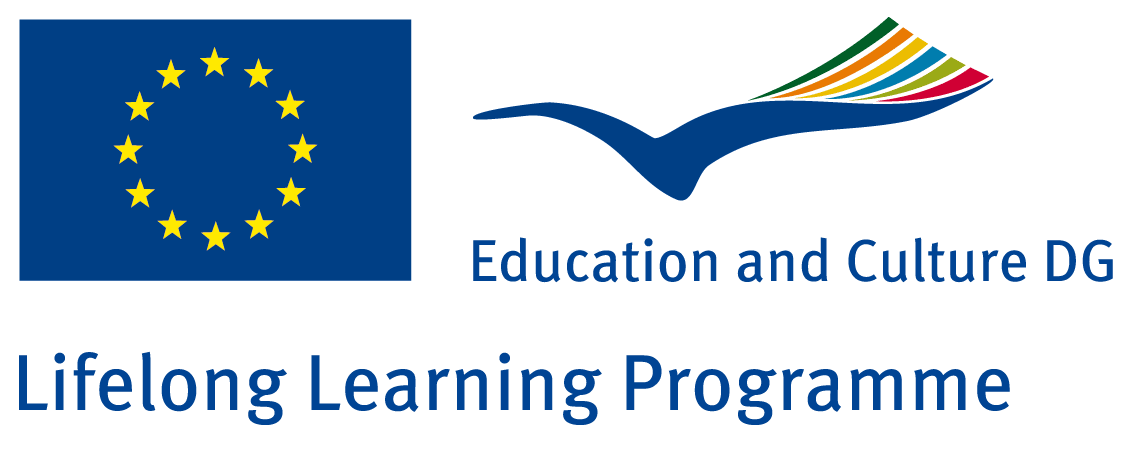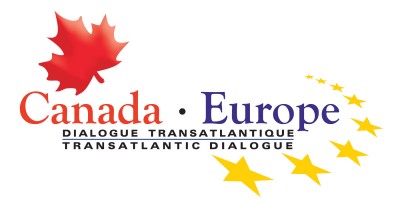Notice:
This event occurs in the past.
The European Union’s External Energy Relations: Russian and Canadian Dimensions
Thursday, June 13, 2013 from 9:00 am to 1:00 pm
- In-person event
- Senate Room (6th Floor), Pigiarvik, Carleton University
- 1125 Colonel By Drive, Ottawa, ON, K1S 5B6
- Contact
- CanadaEU@carleton.ca
The Jean Monnet Chair in the EU’s Eastern Neighbourhood Relations*, will host a half-day policy workshop.
Invited speakers and guests from Europe and Russia include:
Dr. Amelia Hadfield, Jean Monnet Chair, Vrije Universiteit Brussel; Presentation
Dr. Nikolay Kaveshnikov, Head of Department of European Integration Studies,
Moscow State Institute of International Relations (University); Presentation
Interview podcast with Dr. Kaveshnikov, Russian program, CHIN radio Ottawa (See June 30 podcast-in Russian-with Elena Kaliberda).
Dr. Andrei Belyi (virtual participant), Centre for EU-Russian Studies, University of Tartu
Dr. Stephan Schott, School of Public Policy & Administration, Carleton University; Presentation
Dr. Burkard Eberlein (virtual participant), Schulich School of Business, York University (Toronto)
Coffee, light refreshments, and snacks will be provided.
Registration for this event is required due to space limitations.
Registration is now closed. Questions? Contact please: marcel.sangsari@carleton.ca
Program Presentation Biographies of speakers Presentation
Event Description
This half-day workshop will examine the EU’s external energy relations, with a goal of better understanding how and to what extent EU energy policies have an impact beyond its borders, and the degree of vulnerability of the EU’s energy security, particularly in relation to its reliance on Russian energy resources.
The workshop will first provide background on the place of energy in the EU’s external policy and then focus on features specific to its relations with the Russian Federation and Canada, both important energy producing countries. The Russian Federation is a major supplier to the EU of natural gas and oil; while the EU’s dependence on Russian resources is often emphasized, the relationship is arguably one of interdependence, as energy producing countries require reliable and stable markets. Tensions in the relationship include the perceived intrusion of political factors into Russia’s export policies as they involve transit countries, and EU policies that mandate liberalization of energy markets, sometimes viewed by Russia as discriminatory. While Canada does not currently export significant amounts of energy to the EU, some EU policies and actions such as the Fuel Quality Directive, the successful WTO challenge to aspects of Ontario’s Green Energy Act launched by Japan and the EU, the EU’s push for tighter global carbon emissions standards, and the EU’s leading role in the production of renewable energy resources sometimes have a controversial impact on policy debates in Canada.
The EU’s external energy polices reflect a mix of potentially contradictory objectives and concerns, which contribute to the complexity of its energy relations with countries like Russia and Canada. Most notably the EU’s efforts to reduce its energy dependence are intertwined with its ecological agenda, involving policies to assure a greater reliance on renewable resources and to reduce the negative climate change impacts of dependence on fossil fuels. In addition, the EU espouses a commitment to liberal economic principles to promote creation of a competitive energy sector, but application of this principle can conflict with norms applied in other countries. Finally, the EU sometimes has difficulties forging a unified external energy policy that reconciles the diverse interests of its member states. This complex mix of objectives and considerations forms of the backdrop for the workshop’s analysis of the EU’s impact on foreign partners in the energy sphere.
*The Jean Monnet Chair supports teaching, research, and outreach activities relating to the EU’s relations with non-member states in Eastern Europe and the former Soviet Union. It receives support from the EU’s Lifelong Learning program of the European Commission’s Directorate-General for Education and Culture. This event is also supported by the Canada-Europe Transatlantic Dialogue (CETD), which receives funding from the Social Sciences and Humanities Research Council of Canada (SSHRC). The contents of this event description are the sole responsibility of the organizers of the event and can in no way taken to reflect the views of the European Union or of SSHRC.

